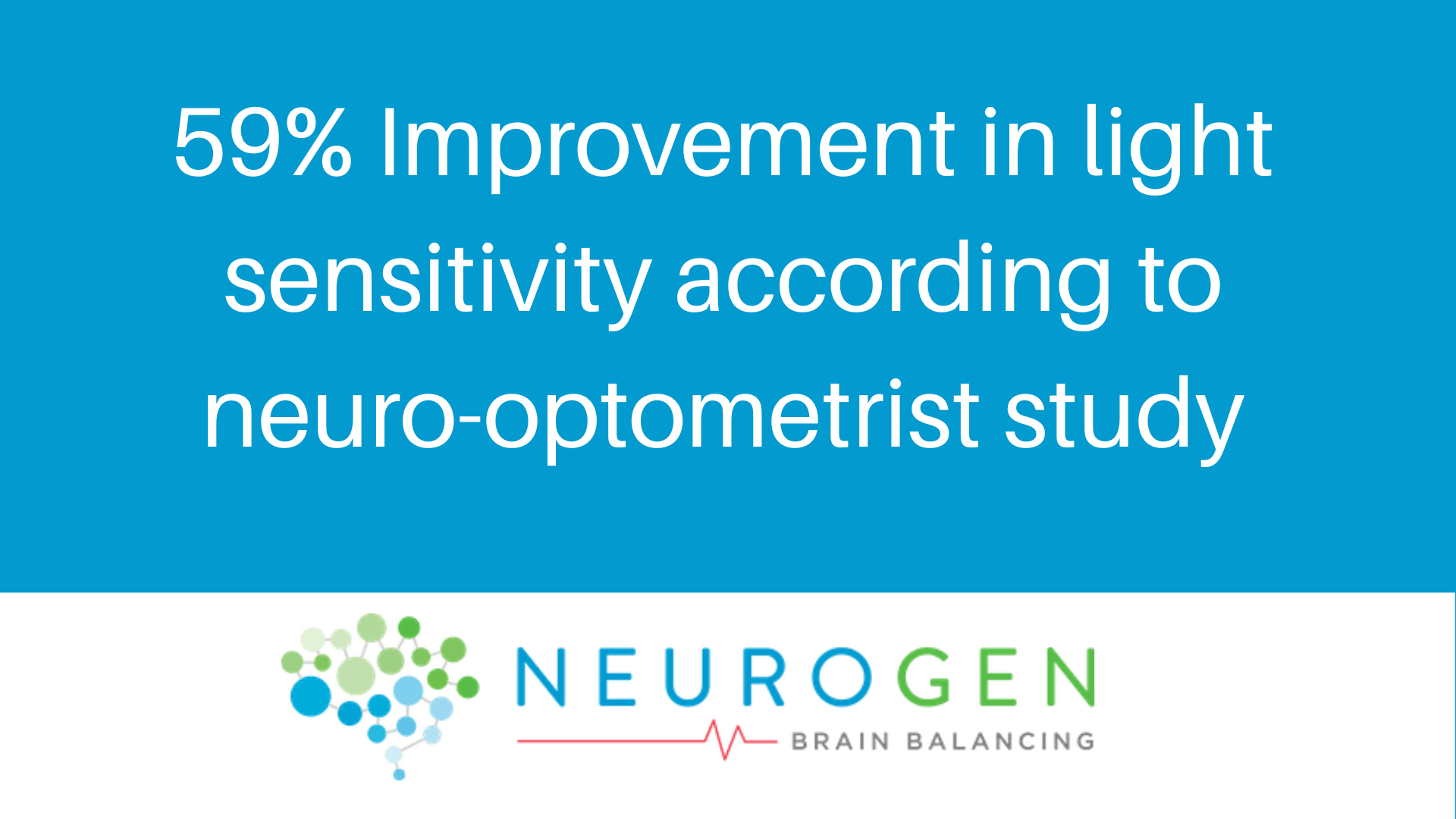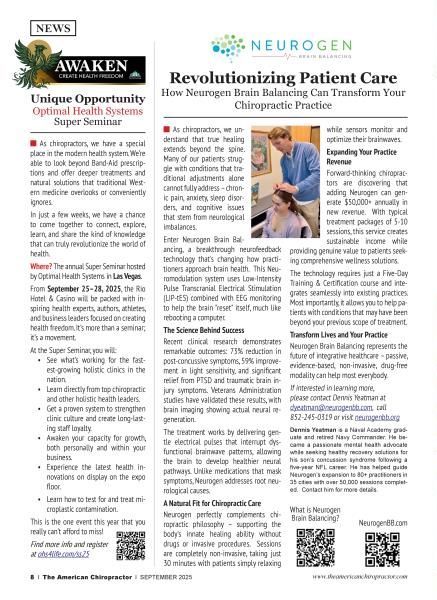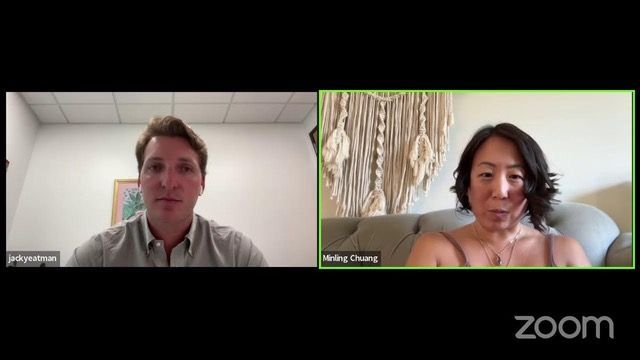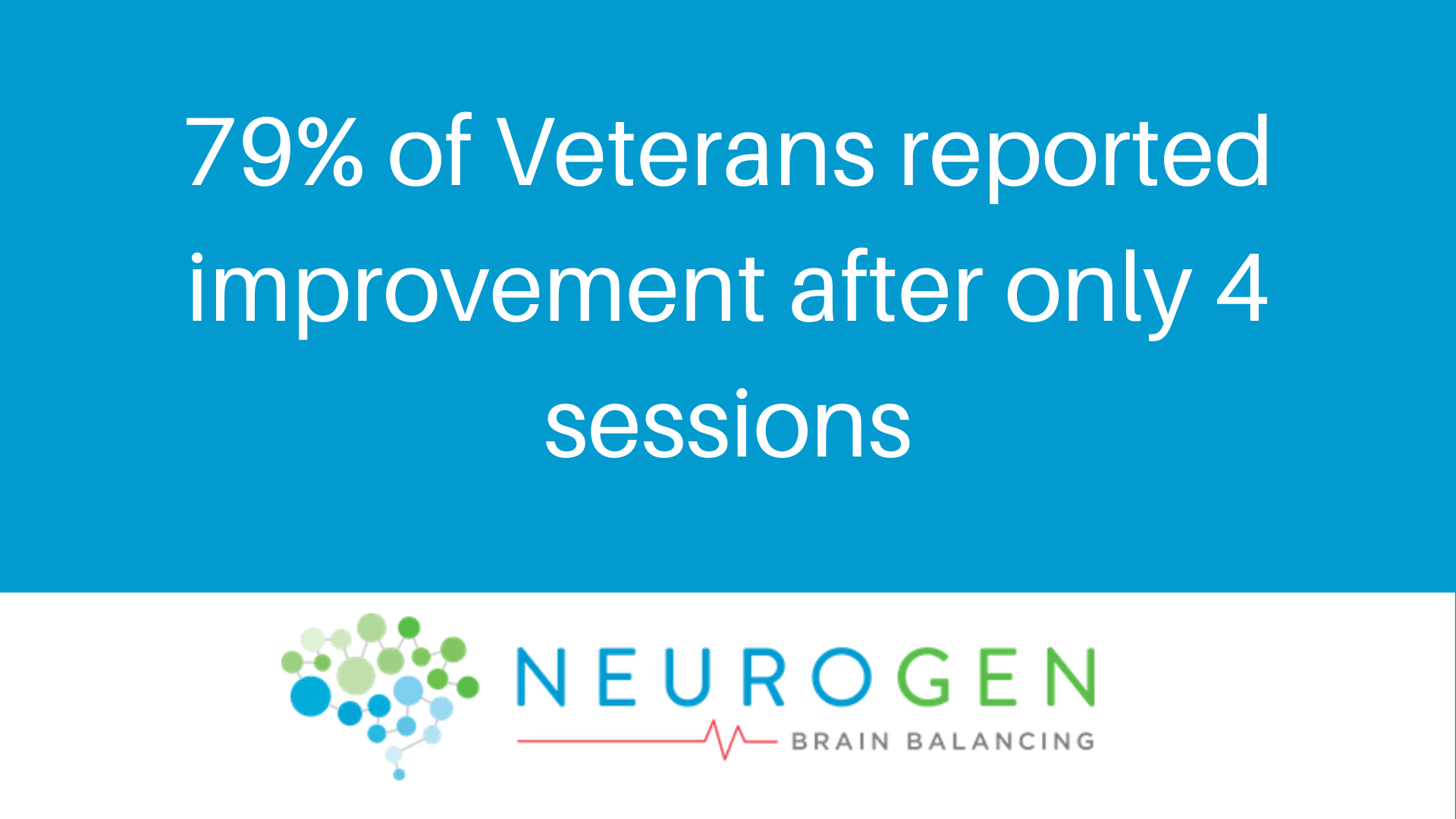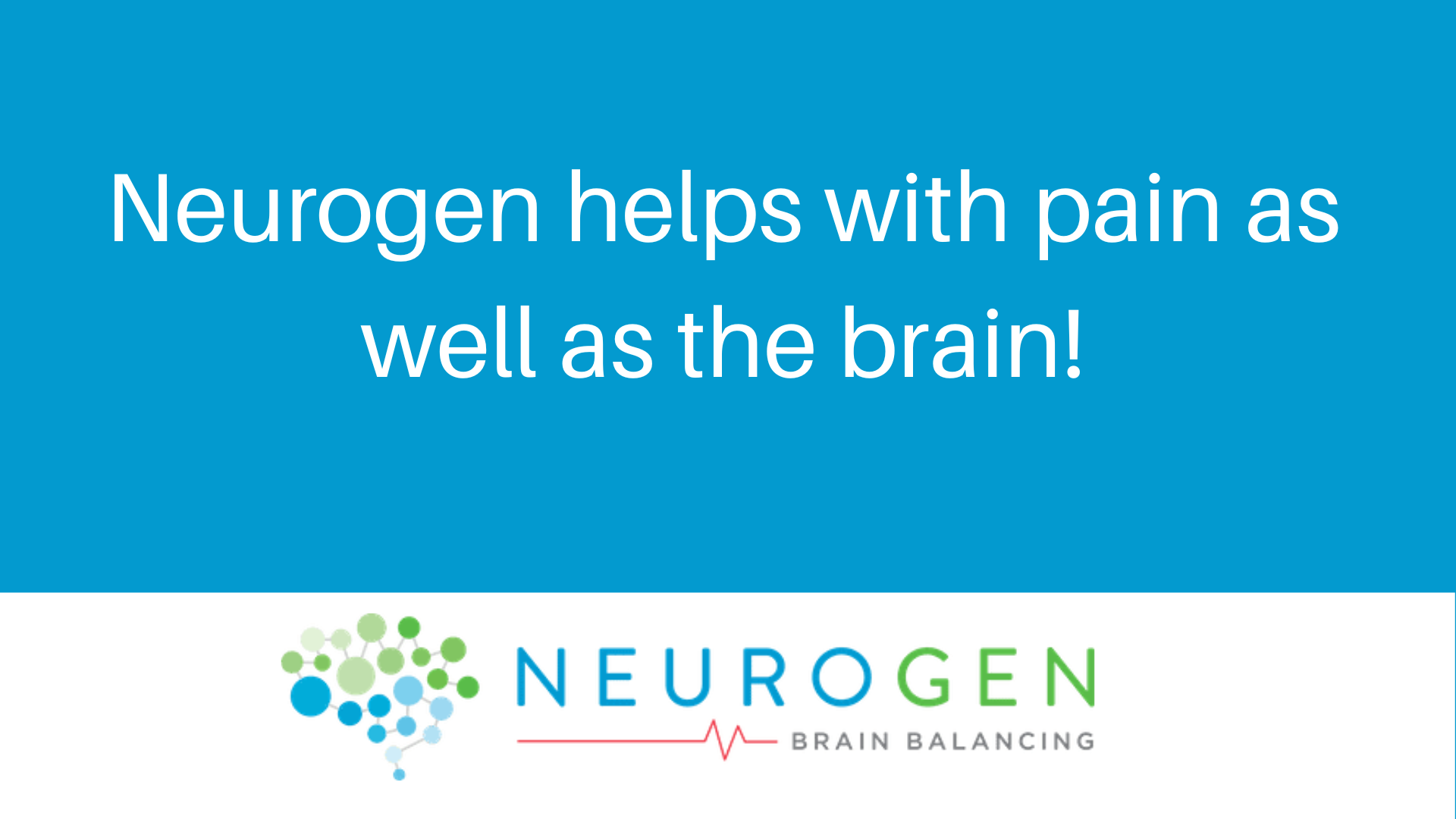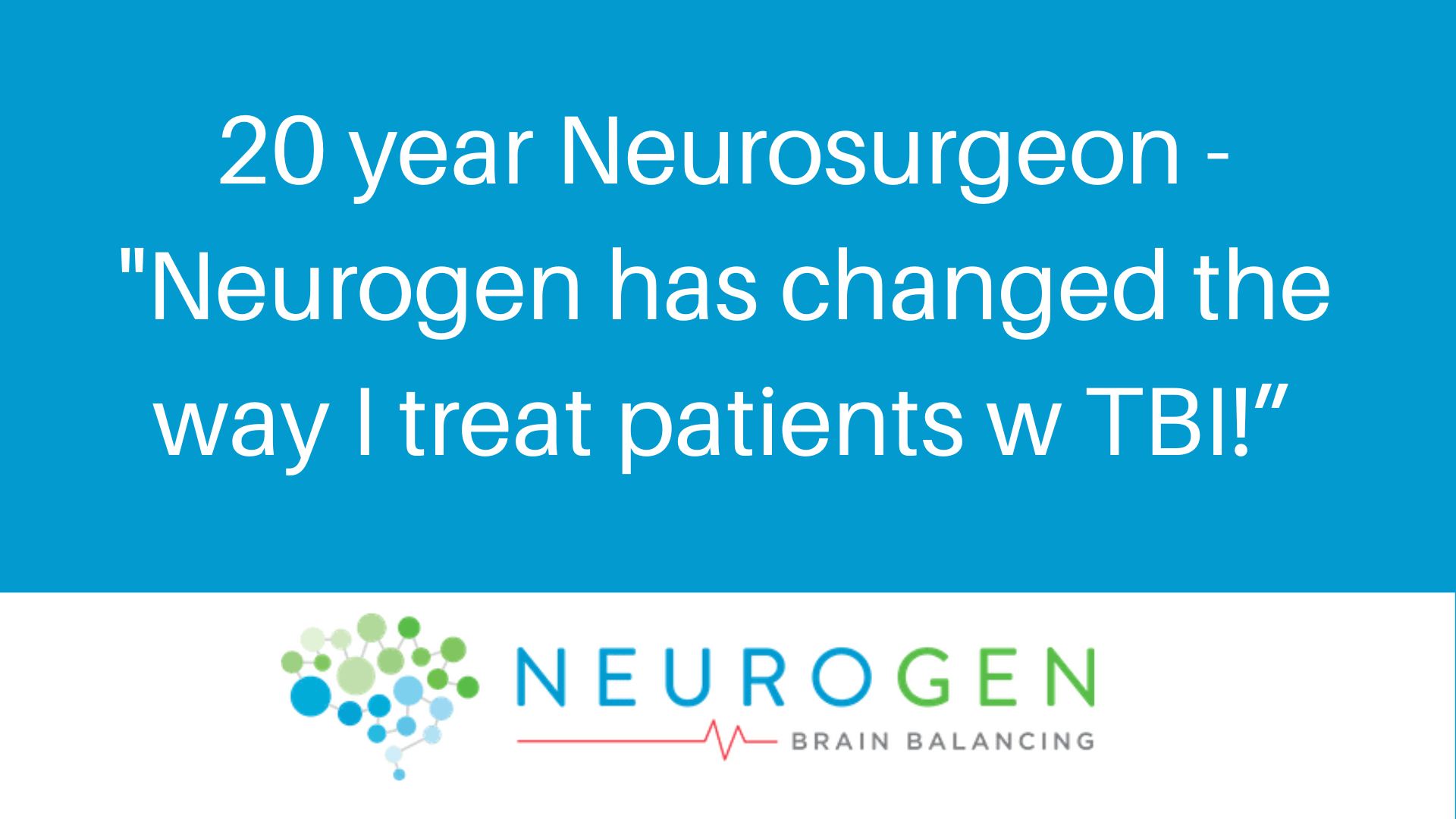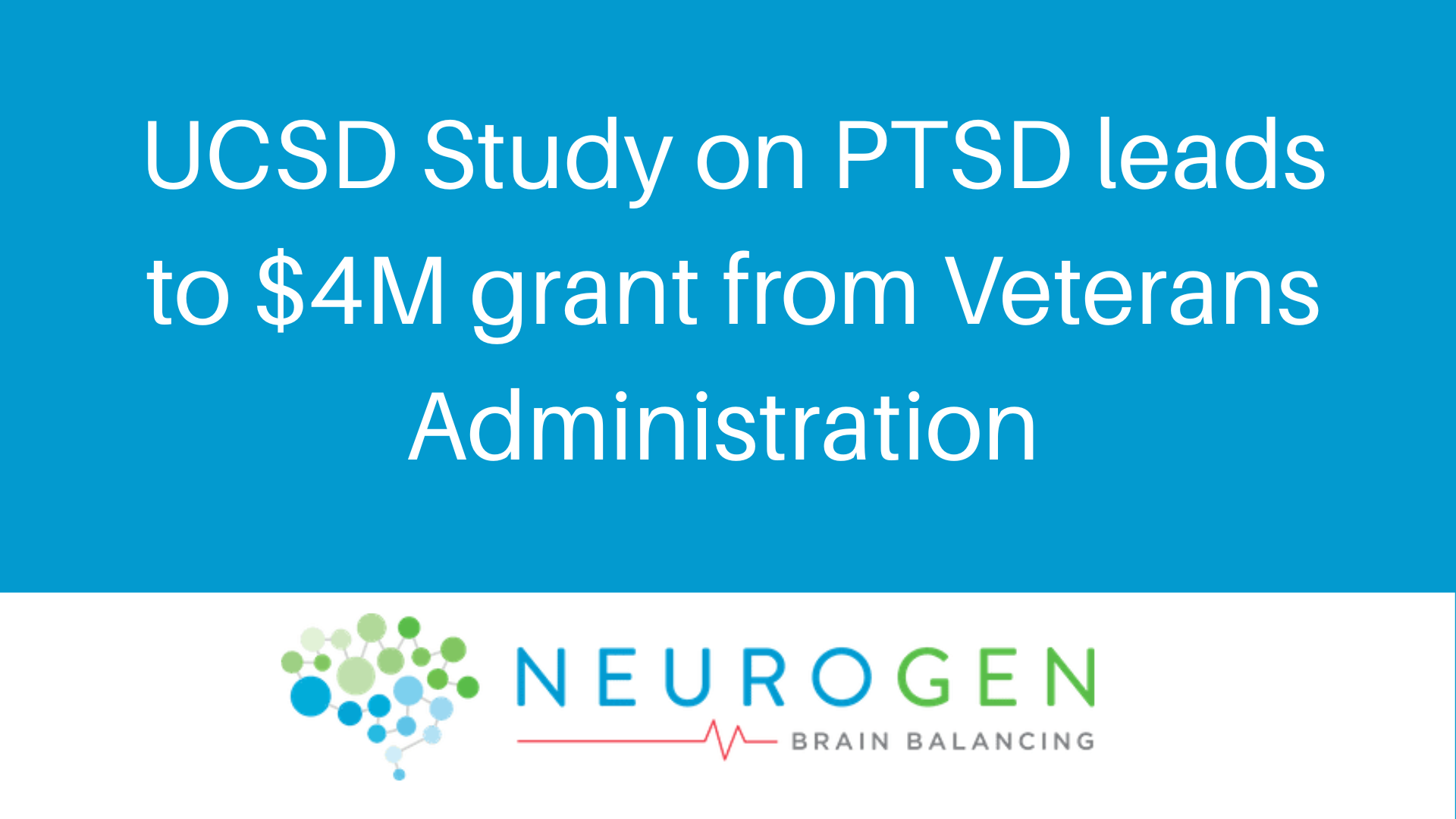Stress in Adolescence Reduces Brain Development Leading to Cognitive Deficits in Adulthood
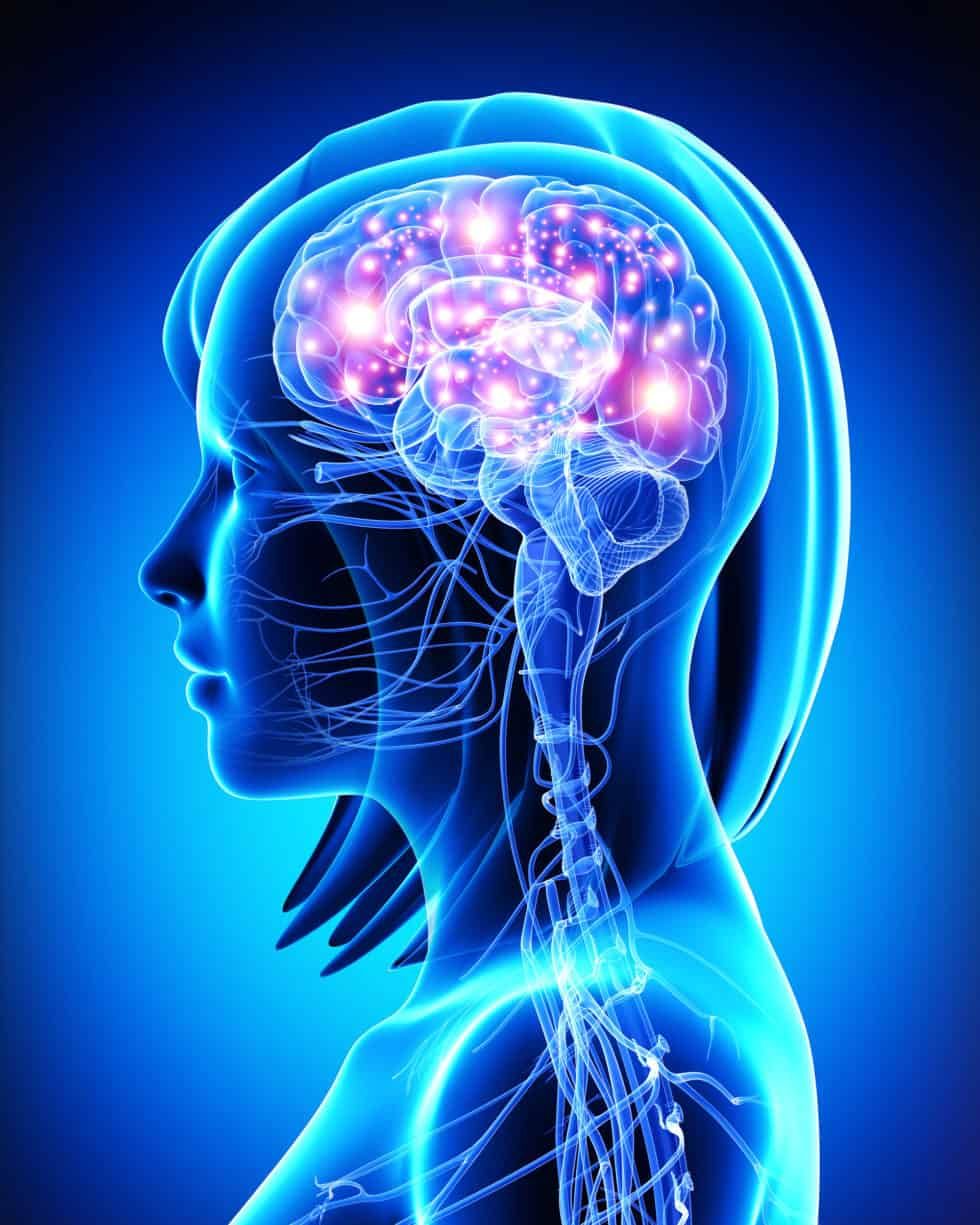
Adolescence is a critical developmental window for the brain that influences future adult behavioral patterns. During these formative years, brain structures are forming at an accelerated rate compared to adult brains, especially in the hippocampus. Stress significantly impacts brain development. From the demands of daily schoolwork to peer pressure to difficulties at home— ongoing stress in the life of an adolescent has long-lasting, negative effects on the brain leading to cognitive deficits, well into adulthood.
Hippocampal Neurogenesis and Adolescence
Brain development is rapid in early childhood and continues into adolescence through a process of cell formation called neurogenesis. Neurogenesis occurs throughout the brain, but much of it occurs in the hippocampal region, an area of the brain primarily responsible for memory consolidation and spatial navigation. Animal studies show that the hippocampus makes four times as many new brain cells in the adolescent brain, as compared to the adult brain. In the adolescent brain, learning, thinking, and navigating the world, drive new hippocampal development.
Stress and Neurogenesis
Chronic stress reduces new brain cell development, leading to deficits in cognition in adulthood. For example, one study published in the journal Neuron reported that chronic stress reduces neurogenesis, cell survival, and cell proliferation. Other findings, published in the journal Physiology Review, show that stress reduces new brain cell development, leading to deficits in cognition, and is associated with diseases such as schizophrenia, anxiety, depression, drug addiction, and adult hyperactivity and attention disorder (ADHD).
This data is congruent with other findings, published in the journal Neuron, that radiation treatment for brain tumors during childhood reduces IQ scores in adulthood, suggesting that decreased neurogenesis, due to stress, can have lasting impacts on cognition. Other findings show that reducing hippocampal neurogenesis in mice, using radiation, leads to cognitive deficits in later adulthood.
Stress Interventions – Exercise, Meditation and Brain Stimulation
Managing stress during adolescence leads to life-changing benefits in adulthood. Exercise is one of the best ways to reduce stress and promote healthy brain development. Sustained physical exercise causes the release of a cascade of neurotransmitters, including endorphins, dopamine, norepinephrine, and serotonin, all of which play an essential role in mood regulation, stress reduction and neurogenesis.
Meditation is another effective means of reducing stress. The Journal of Consulting and Clinical Psychology published a critical review of scientific evidence that reported that “persuasive” evidence now exists that meditation reduces stress and is associated with better health outcomes.
New emerging therapies, published in the journal Frontiers in Psychology, found non-invasive brain stimulation to be effective to reduce stress and increase hippocampal neurogenesis, leading to improvement in cognition later in adulthood.
For adolescents, managing stress is critical. Taking action to reduce stress during these formative years will have lasting positive effects on brain development and will help avoid stress-related cognitive deficits later in adulthood.
References:
McEwen BS. “Review Physiology and neurobiology of stress and adaptation: central role of the brain”. Physiol Rev. 2007 Jul; 87(3):873-904.
Giedd JN, Rapoport JL. “Review Structural MRI of pediatric brain development: what have we learned and where are we going?” Neuron. 2010 Sep 9; 67(5):728-34.
Omen, Doug, et al. Journal of Consulting and Clinical Psychology Copyright 2006 by the American Psychological Association 2006, Vol. 74, No. 4, 714 –719 0022-006X/06/$12.00 DOI: 10.1037/0022-006X.74.4.714
Finisguerra, Alessandra, et al. “Non-Invasive Brain Stimulation for the Rehabilitation of Children and Adolescents with Neurodevelopmental Disorders: A Systematic Review non-Invasive Brain Stimulation for the Rehabilitation of Children and Adolescents with Neurodevelopmental Disorders: A Systematic Review.” Frontiers in Psychology, vol. 10, no. FEB, 2019, doi:10.3389/fpsyg.2019.00135.
Recent Posts
